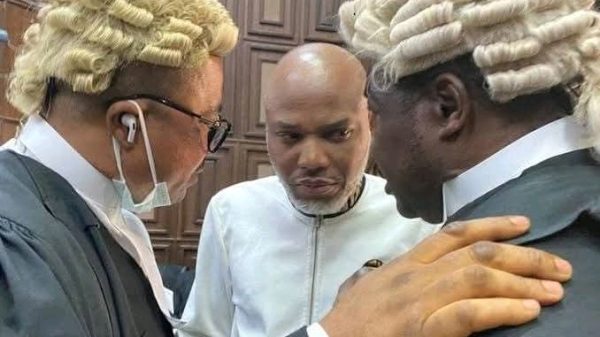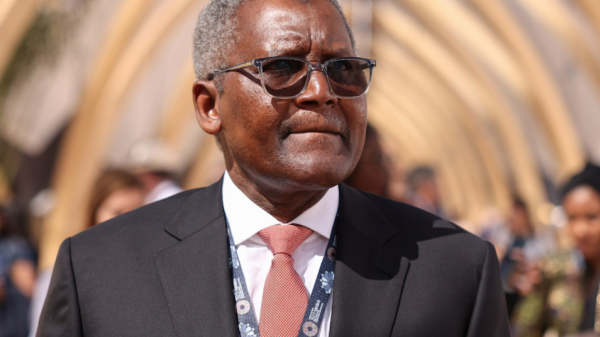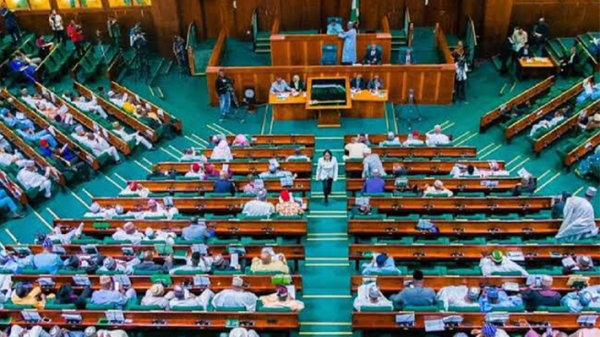Former Nigerian President Olusegun Obasanjo has criticized President Bola Tinubu’s approach to removing the fuel subsidy, describing it as poorly executed and contributing to rising inflation.
In an interview with the Financial Times, Obasanjo argued that the government should have implemented measures to mitigate the economic impact before eliminating the claimed that the removal, initially carried out in June 2023, has led to an increase in inflation, effectively reinstating the subsidy’s effects.
Obasanjo emphasized the need for thorough preparation and strategic planning when making significant policy changes. He also called for a shift from a transactional to a transformational economy to build investor confidence and address issues such as youth unemployment and skill deficits.
Criticizing the management of state-owned refineries, Obasanjo noted that Shell had declined to invest in Nigerian refineries due to concerns about corruption and poor maintenance. He recalled his own efforts to involve Shell in refinery operations, which were met with resistance due to these issues.
Further, Obasanjo expressed doubts about the government’s promises to rehabilitate refineries, highlighting a lack of progress and ongoing problems. He pointed out that previous deadlines for refinery operations have not been met, with new timelines now set for the Port Harcourt and Kaduna refineries.
Obasanjo also raised concerns about the potential sabotage of the Dangote Petroleum Refinery, suggesting that those benefiting from fuel imports might attempt to undermine its success.
The former president’s comments reflect ongoing debates about Nigeria’s economic policies and their impact on the nation’s financial stability and industrial development.









































































































